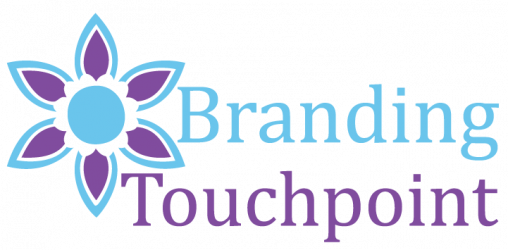Recognition Dos and Don’ts
If you implement your recognition program correctly, you will help create a high-performance workplace and a strong corporate culture. Just remember that effective recognition requires careful planning.
Here are some dos and don’ts for your recognition program.
Dos
- • Recognize or show appreciation as quickly as possible.
- • Be specific.
- • Mention how the action or behavior was personally helpful or fits the larger vision.
- • Keep it brief.
- • Ask how you can provide further support.
- • Replace annual reviews with frequent performance discussions and coaching.
- • Develop a habit of pointing out the positives at home, with friends, and at social activities so you can incorporate those habits at work.
- • Show appreciation for good effort that advances the organization’s efforts.
- • Always deal with performance problems in private.
- • Always say thank you.
- • Recognize people publicly.
- • Use as many recognition channels as you can to reinforce behaviors.
- • Be clear about who and what should be rewarded and by whom.
- • Separate performance and compensation discussions since they serve two different purposes.
- • Keep measurements, improvement progress, and recognition highly visible.
- • Reward both individuals and teams.
Don’ts
- • Don’t just recognize top performers and superhuman efforts.
- • Don’t compare or contrast teams or individuals.
- • Don’t use money to shape behavior or boost performance. It rarely works.
- • Don’t set up competitions unless teamwork isn’t important to you.
- • Avoid suggestion systems.
- • Don’t use promotions as a reward. People should only be put in larger leadership roles because they have demonstrated the ability for higher levels of leadership.
The bottom line is simple: when established correctly, recognition programs can help managers and employees become more productive. Follow these guidelines to help you design a highly meaningful and fully integrated recognition program.
